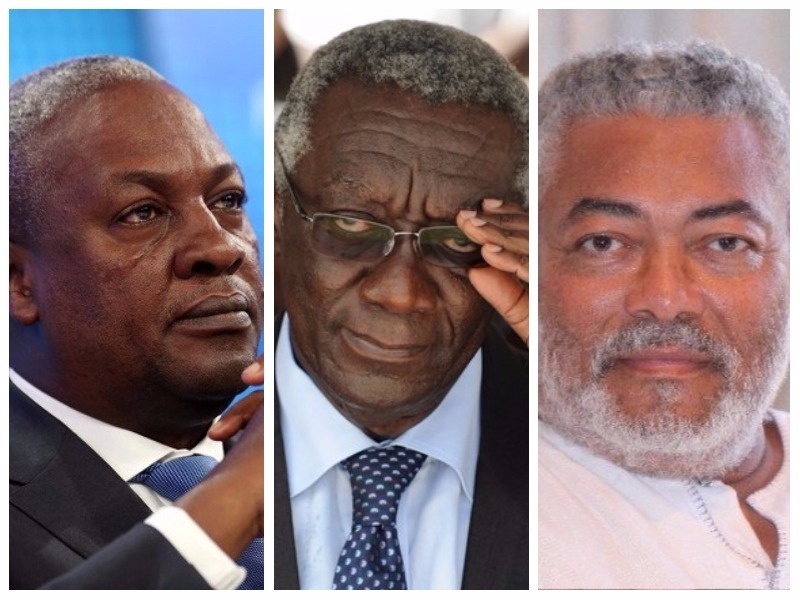
A survey by the Institute of Economic Affairs (IEA) has recommended a review of the quantum of ex gratia paid to Members of Parliament (MPs) and other Article 71 office holders due to public perception that the current levels are widely excessive.
Majority of respondents (about 60 per cent) said the quantum of ex gratia (four months’ salary per year per term) paid to MPs was excessive. Only a small portion of them (19.4 per cent) said”. “It is just sufficient,” while a marginal 2.4 per cent others said”. “It is insufficient.”
The survey stated that with the exception of the Upper West Region, more than half of the respondents in the regions considered MPs’ ex gratia payments as excessive.
Quantum of ex gratia
It said the Western Region (77 per cent), Brong Ahafo (69.7 per cent), Ashanti Region (67.9 per cent) and the Greater Accra Region (62.1 per cent) reported the highest proportion of respondents who were of the view that MPs were paid excessive ex gratia.
It added that there was a divided opinion on whether or not MPs should receive ex gratia at all.
About 45.9 per cent of respondents disapproved of MPs being paid ex gratia, while 43.4 per cent of them approved of it, with the remaining 10.7 per cent being indifferent.
Opinions on the issue were also divided at the regional level, with majority of respondents in the Greater Accra Region (52 per cent), Brong Ahafo (51.5 per cent) and Western Region (51.1 per cent) disapproving, unlike the Volta and Northern regions where a higher proportion of respondents (56.3 per cent and 54.8 per cent, respectively) approved of payment of ex gratia to MPs.
On the whole, the report said, the findings from the different aspects of the ex-gratia question “suggest that the concern of respondents is not whether MPs should receive ex gratia or not, but rather the amount paid”.
The report recommended that while the Constitutional Review Committee report and the subsequent white paper both pointed to a review of emoluments for Article 71 office holders, the quantum of ex gratia should be given strong consideration in the constitutional reform process by both the executive and Parliament.
Ex gratia controversy
Article 71 of the 1992 Constitution provides for the payment of salaries to MPs, Speaker and Deputy Speakers and other public office holders such as the Chief Justice and other Justices of the Superior Court of Judicature, the Auditor General, the Chairman and Deputy Chairmen of the Electoral Commission, the Commissioner for Human Rights and Administrative Justice and his deputies and the District Assemblies Common Fund Administrator, among others.
The salaries include allowances, facilities and privileges and retiring benefits or awards, but the payment of the ex gratia to MPs and other Article 71 office holders has generated national controversy over the years.
Committees
In 2004, former President Kufuor set up the Chinery Hesse Committee in an attempt to deal with the issue comprehensively, but the committee’s report rather generated more controversy on the issue.
The late President Mills also set up the Ewurama Addy Committee in 2009 to address the issue but it still remained stuck in controversy.
Former President Mahama also established the Edu Buandoh Committee to address the issue.
A recommendation made by the committee for the adoption of a formula to determine ex gratia awards for article 71 office holders was replaced with a system which offered MPs four months’ salary for each year of service.
The implication is that after serving for four years, MPs will receive 16 months of their salary as ex gratia. The regime of ex gratia payment has raised public eyebrows and led to calls for the abolition of the system. Instead, arguments have been made that the Fair Wages and Salaries Commission be mandated to fix the ex gratia payments for MPs and other Article 71 office holders just like all other public sector workers, in the spirit of equality and fairness.
Source : graphic.com.gh

































